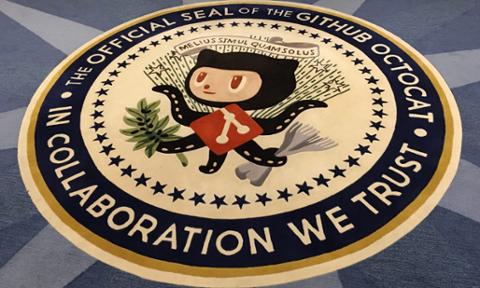Microsoft Takes a Risky Bet on Cortana Roadmap
Microsoft really needs Cortana, its voice-activated digital assistant, to succeed. There’s just one little problem: Apple, Google, and Amazon have all carved out significant niches for their respective digital assistants. At risk of becoming an also-ran, Microsoft is retooling its approach to Cortana, trying to turn it into a higher-functioning, more ubiquitous platform than its competitors. “You should be able to use it on Google Assistant, you should be able to use it on Alexa, just like how you use our apps on Android and iOS so that’s at least how we want to think about where it’ll go,” is how Microsoft CEO Satya Nadella explained his Cortana vision to The Verge. By integrating Cortana with Alexa (and Google Assistant, eventually, if Nadella gets his way), Microsoft might sidestep one of its biggest challenges: Without a popular consumer device to “host” Cortana (along the lines of Amazon’s Echo or Google Home), its reach into consumers’ lives is somewhat limited; nor does it have a huge smartphone platform, like Apple’s Siri, which runs on the iPhone and iPad. But Nadella is betting that if Cortana is sophisticated and useful enough, people will actively seek it out. And therein lies a bit of a rub: Voice-activated digital assistants are great for simple tasks such as playing music or determining the evening’s weather, but they’re a bit more problematic when it comes to more complex tasks. The tech giants have made some attempts to smarten up their platforms, allowing users to unleash several discrete actions with a single command (if you say “Good morning,” for instance, your assistant might turn on the lights, deactivate the front-door alarm, and start your coffee-maker), but it’s still early days. Like the other tech giants, Microsoft is trying to coax third-party developers onto its platform, hoping that they’ll create “must have” skills and routines that will differentiate Cortana from the Alexas and Siris of the world. Part of its argument involves the enterprise; it has positioned Cortana as an easy method for information retrieval and workflow management. But business users are totally different from consumers. It’s easy to tell Alexa or Google, “Play the Rolling Stones,” and expect the device to give you what you want (and sometimes what you need). It’s a totally different thing to tell Cortana (or a similar platform), “Generate a spreadsheet of FY 2018 revenues” and have it return something accurate. In theory, you could assign some developers to spend a lot of time and effort to craft custom commands that would activate complex but narrowly defined tasks; but given the constantly evolving needs of business, that would become a very resource-intensive effort. In other words, if Microsoft is betting Cortana’s future on sophistication—and enterprise customers—it’s making a fairly risky wager. We love our voice-activated assistants, but they’re not the most nuanced (or complex) platforms. It might take several more years of A.I. research before we can sit in our offices and tell Cortana and its rivals to automate big chunks of our work.



